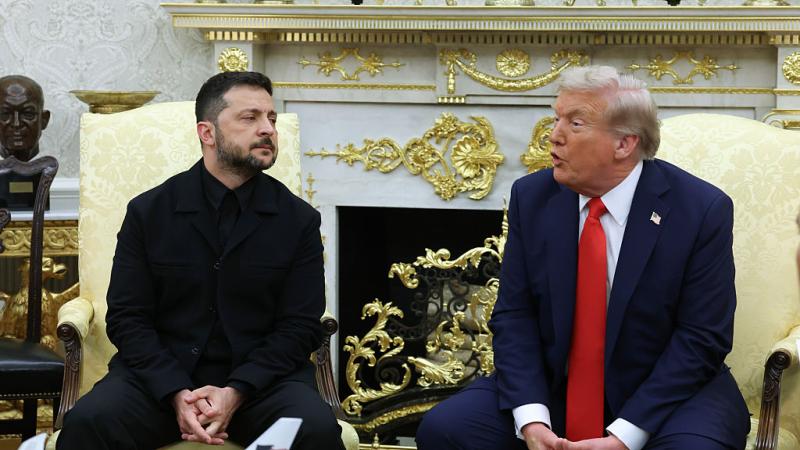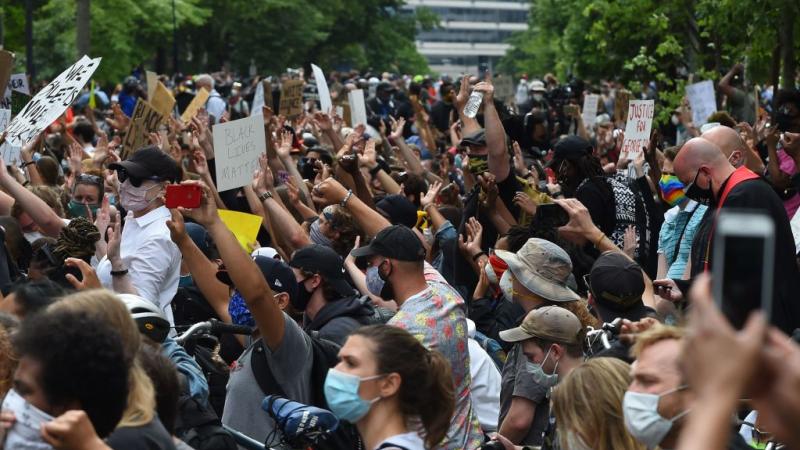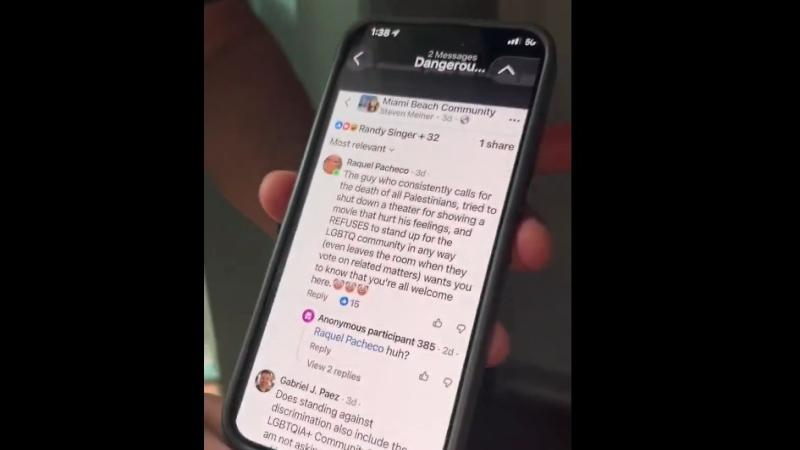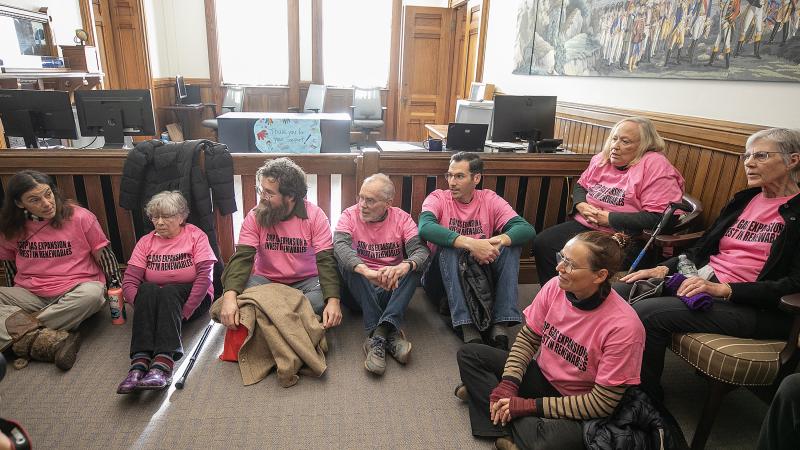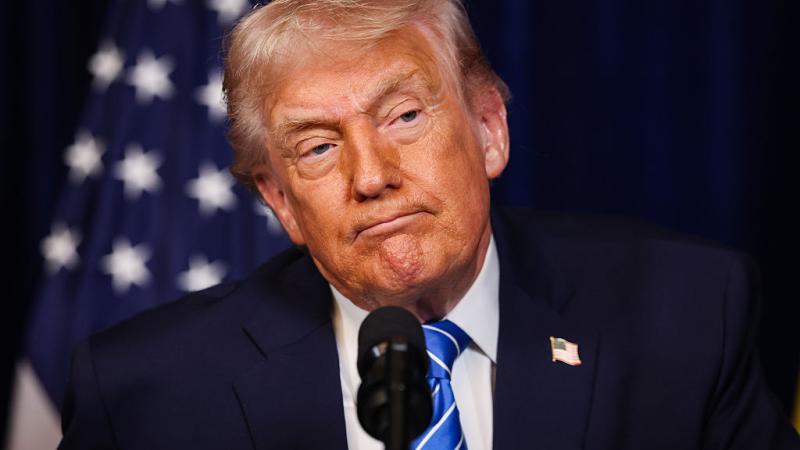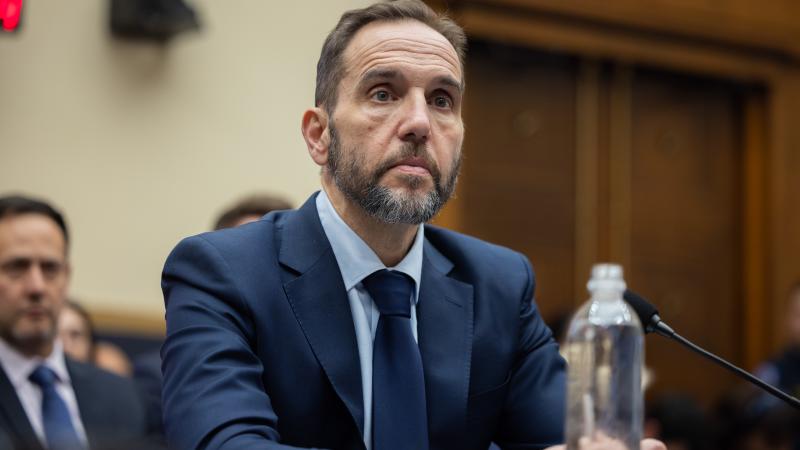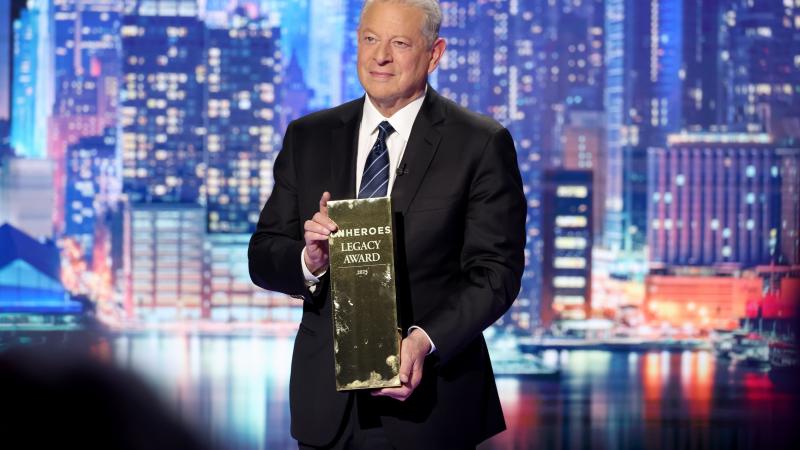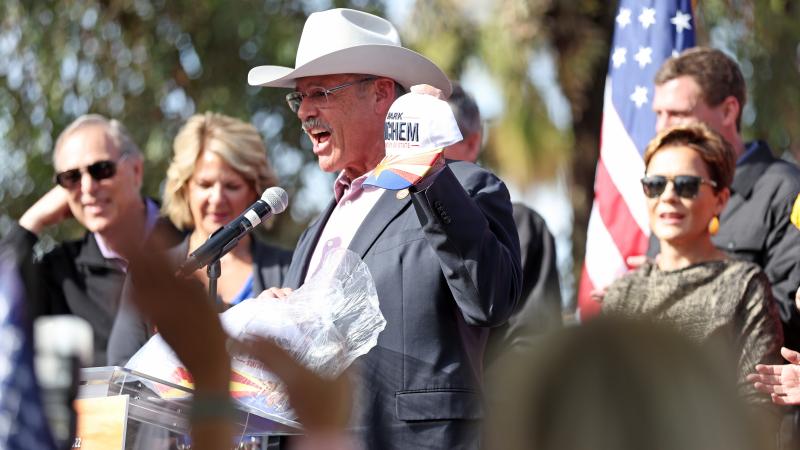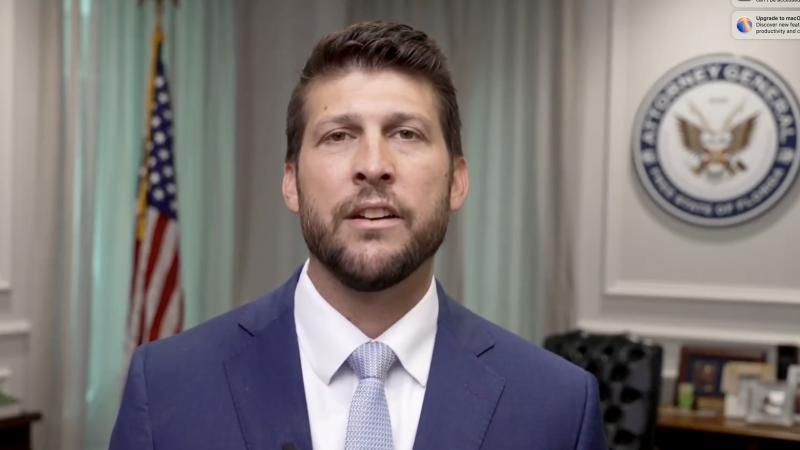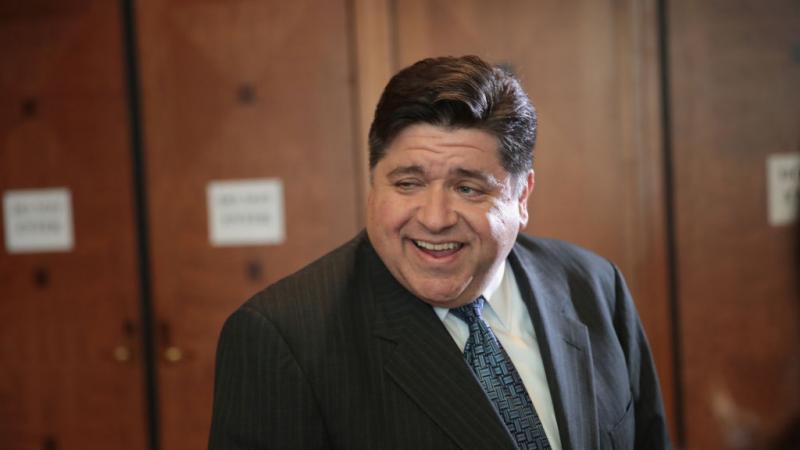Amid progress with other countries, trade negotiations with Japan hit a roadblock
Japan views tariffs on automobiles, one of the most important industries in the country, as a sticking point. Unlike most of the world, Japan remains intransigent on compromise.
Having the world’s fifth-largest economy and a long and prosperous trade relationship with the U.S., Japan seemed like a likely candidate to quickly and neatly make a new trade-tariff deal with President Trump. But with the deadline now just six days away, Trump is now saying an agreement appears unlikely.
Despite progress with other allies on trade, the main reason a deal with Japan has not materialized is Japanese resistance to the American president’s 25% tariff on automobile imports.
The roadblocks remain even as a string of Japanese officials make pilgrimages to Washington on trade and security missions, primarily because the automobile industry is a key pillar of the Japanese economy—its companies, including Toyota, Honda, and Nissan, are among the world’s largest carmakers.
President Trump’s tariff on cars aims to facilitate Japanese imports of American vehicles in order to, in his view, balance the trade. In an interview on Sunday, Trump, describing a theoretical letter to Japanese officials, said: “Dear Mr. Japan, here’s the story. You’re going to pay a 25% tariff on your cars, you know? So we give Japan no cars. They won’t take our cars.”
The president has also recently raised concerns about U.S. rice exports to Japan, insisting the island nation has not imported enough of the crop.
Staggering trade deficits are Trump's motivation
President Trump’s tariff and trade policy is primarily geared towards reducing trade deficits with U.S. trading partners. The U.S. trade deficit with Japan is approximately $70 billion, according to the most recent data from the International Trade Administration. But the trade talks take on additional importance because of Japan’s close security relationship with the United States and key ally in Asia.
Despite the trade deficit, Japan is the fourth-largest market for U.S. exports, according to the International Trade Administration. Japan is also the largest source of foreign direct investment in the United States, primarily in manufacturing industries—particularly in automobile manufacturing.
Trade with Japan was estimated to be about $228 billion in 2024, according to the U.S. Trade Representative. The country imports U.S. liquid natural gas, pharmaceuticals, meat and poultry, industrial machines, and civilian aircraft. In return, the United States imports automobiles, auto parts, and electronics.
Japan is also home to several major U.S. military bases and hosts tens of thousands of American troops. Since the end of the Second World War, Japan has been a close security ally for the United States in the Pacific and is viewed as an important partner in balancing the growing military and economic power of China in the region.
The White House did not answer questions from Just the News about the specific sticking points in the ongoing trade negotiations with Japan as the July 9 deadline fast approaches.
Trump’s “Liberation Day” reciprocal tariffs — calculated to help remedy trade deficits — included a 24% across-the-board duty on goods imported from Japan. Since then, the Japanese negotiating team has repeatedly traveled to Washington seeking a deal. However, talks have stalled at various points as the American president continued to raise tariffs, especially those targeting specific sectors like steel, the Wall Street Journal reported.
Sector-specific tariffs unacceptable to Japan
Japanese trade officials have also said repeatedly that they cannot sign on to a deal that does not include reductions to sector tariffs like those on steel and automobiles. Automobile tariffs are a primary sticking point for Japanese leaders, especially since they are such a vital sector for the country’s economy. Permitting those tariffs to stand could also be politically perilous for Japan’s ruling government, which is already balancing an unstable minority coalition.
After a meeting with Trump in June on the sidelines of the G7 summit in Canada focused on securing a trade deal, Japanese Prime Minister Shigeru Ishiba reiterated the importance of the automobile sector specifically. “There are still points where our views remain divided,” Ishiba told reporters, according to the Journal. “Automobiles are a major national interest…and we will continue to do everything we can to protect such interests.”
This week, as signs of stalled negotiations loom, Trump has threatened Japan with tariff increases if no deal is reached, specifically calling out Japan’s failure to import sufficient quantities of American rice.
“They won’t take our RICE, and yet they have a massive rice shortage. In other words, we’ll just be sending them a letter, and we love having them as a Trading Partner for many years to come,” Trump posted to Truth Social on Monday.
Last year, Japan imported $298 million worth of rice from the United States. This year’s imports so far stand at $114 billion. However, a 2021 report from President Biden’s Office of the U.S. Trade Representative found that Japan’s domestic polices were significantly hampering U.S. rice exporters’ access to the local markets.
The “highly regulated and nontransparent system of importation and distribution of rice limits the ability of U.S. exporters to have meaningful access” to Japan’s market, the report concluded.
In response to Trump’s calls for more rice imports, a Japanese government spokesman appeared to throw cold water on a compromise, promising that the government is “not thinking about doing anything that would sacrifice the farm sector.”
Britain, Canada, Vietnam did it, but Japan won't
While trade talks with Japan have hit a rough patch, other countries have struck compromise deals with the United States to avoid high tariff rates. The United Kingdom pioneered a successful response to Trump’s tariffs, entering early negotiations with the new administration and securing a deal to stave off the steep tariff increases that Trump promised. The agreement entered into force on Monday after successful negotiations earlier this year.
The U.S. and the U.K. agreed to minimal 10% tariffs on several key sectors, which the Americans said would increase the country’s access to the U.K. market and British officials said will protect local jobs by providing reinvigorated exports to the U.S. The deal provided for increased U.S. agricultural exports to Britain and allows the U.K. to import up to 100,000 automobiles to the U.S. at the minimal 10% tariff level. Both countries promised to negotiate a mutually beneficial arrangement on steel tariffs.
Stephen Miran, Chair of President Trump's Council of Economic Advisors, also previously told Just the News that he would not be surprised if a "flurry" of new trade deal frameworks were announced ahead of the looming deadline.
"Obviously, the UK deal is already done, but there's promising progress from a number of other countries," Miran told the Just the News, No Noise TV show on Monday.
"You know, on the campaign trail, the President promised 10 to 20% tariffs on the whole world and 50 to 60% tariffs on China in particular. We're not far from that right now," he said. "We've got about 10% of the whole world and 50% on China, and it's bringing in trillions of dollars of revenue over the 10-year window, and countries are lining up to make concessions, to keep tariff rates at relatively low levels and to avoid them, to avoid them spiking back up."
On Wednesday, President Trump announced that he had secured a trade deal with Vietnam that would completely open the country’s market to United States exports while keeping in place 20% tariffs on goods imports.
"It is my Great Honor to announce that I have just made a Trade Deal with the Socialist Republic of Vietnam after speaking with To Lam, the Highly Respected General Secretary of the Communist Party of Vietnam," Trump posted on Truth Social. "It will be a Great Deal of Cooperation between our two Countries. The Terms are that Vietnam will pay the United States a 20% tariff on any and all goods sent into our Territory, and a 40% Tariff on any Transshipping. In return, Vietnam will do something that they have never done before, give the United States of America TOTAL ACCESS to their Markets for Trade."
Both Canada and the European Union are also endeavoring to make progress on trade negotiations with the United States, appearing eager to please President Trump in an effort to secure more favorable terms and avoid steep tariff increases.
This week, Canada took quick action to rescind a digital services tax that would have cost U.S. technology companies billions after President Donald Trump abruptly canceled all trade talks between the countries over the issue. The move, the Canadian finance minister said, was aimed at restarting the negotiations to come to a mutually beneficial trade deal by the previously agreed-upon July 21 deadline.
After initially decrying Trump’s new tariff polices early in the administration and preaching continental independence from the U.S., European leaders have also taken a more conciliatory tone in recent weeks. European officials are reportedly optimistic that an agreement with the U.S. can be reached before Trump’s July 9 deadline. Last week, European Commission President Ursula von der Leyen reportedly told bloc leaders that she believed a deal was imminent and notably admitted that European officials would be willing to accept an imbalance in order to prevent escalating tariffs.
The Facts Inside Our Reporter's Notebook
Links
- according to the International Trade Administration
- about $228 billion
- country imports
- several major U.S. military bases
- talks have stalled at various points
- $298 million worth
- appeared to throw cold water on a compromise
- increase the countryâs access to the U.K. market
- British officials said
- previously told
- Trump posted
- quick action to rescind a digital services tax
- reportedly optimistic that an agreement with the U.S. can be reached

